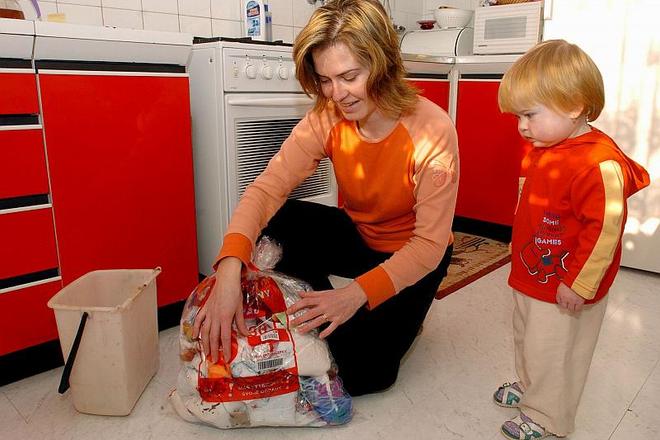BEGINNING in January, all municipalities in Slovakia became obligated to separate communal waste according to EU regulations designed to reduce the overall amount of waste and to recycle as much of it as possible. However, Viera Krakovská, the deputy chair of the Association of Slovak Towns and Villages (ZMOS), told the TASR newswire that about 250 municipalities have failed to launch programmes for the separation of waste, even though they are required to do so by law. She said that dividing waste is sometimes costly for smaller villages but that they must assume this task.
“The local governments have had enough time to introduce the separation of waste, as this law has been in effect since 2001. We have had several chances to use some financial tools to help launch it,” Krakovská said.
She foresees more checks from the Slovak Environmental Inspection, SIŽP, and thinks it would be foolish for municipalities to pay fines because that money could be used in a better way – to separate the waste. Slovak municipalities are obliged to separate communal waste into four parts: paper, plastic, glass and metal. The Slovak government has postponed the requirement to separate biologically-decomposable waste until 2013 saying this is due to the economic crisis.
Inspectors from SIŽP have so far completed 666 inspections and found violations of the law in almost 49 percent of its inspections. Most checks involved disposal of waste materials – with the biggest emphasis being focused on hazardous wastes. The highest rate of violations, 73 percent, involved improper disposal of communal waste and small amounts of construction waste by municipalities.



 Villages that fail to sort their rubbish could face fines. (source: TASR)
Villages that fail to sort their rubbish could face fines. (source: TASR)